.svg)
How Influencers are Shaping the Creator Economy in 2025
.svg)
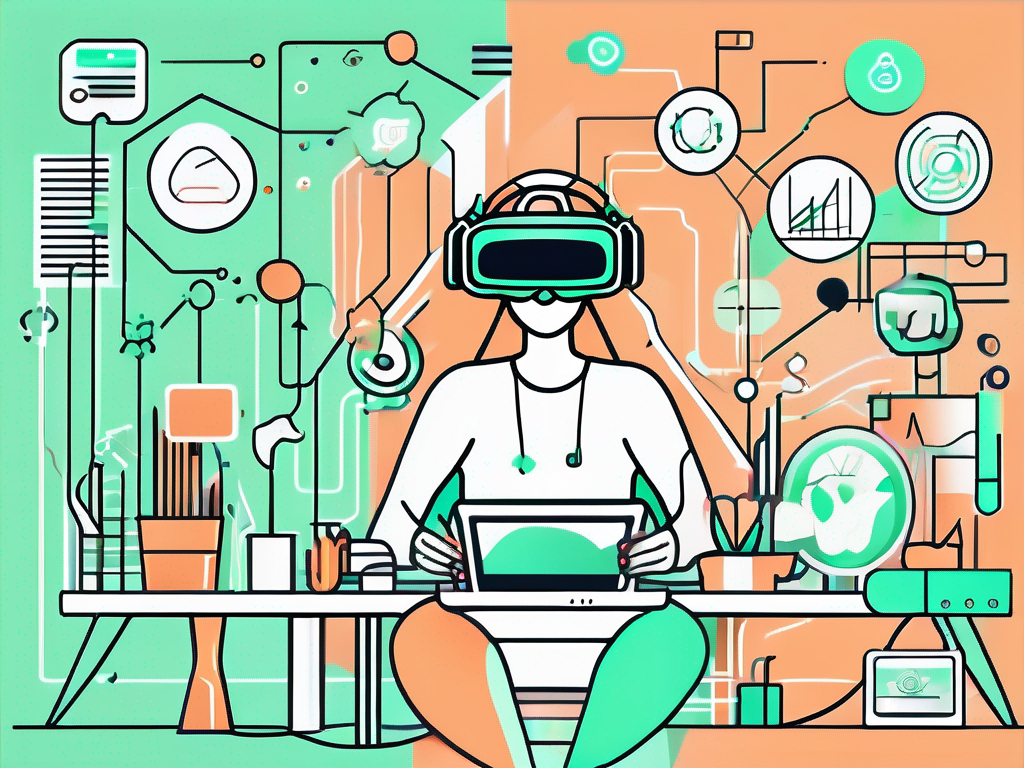
In the rapidly evolving digital landscape, influencers have emerged as pivotal players in the creator economy, redefining how content is produced, consumed, and monetised. As we delve into 2025, the influence of these digital creators has only intensified, driving innovation and shaping new economic paradigms. This article explores the multifaceted role of influencers in the creator economy, examining their impact on marketing, content creation, and consumer behaviour.
The Rise of the Influencer Economy
From Niche to Mainstream
Influencers have transitioned from niche internet personalities to mainstream figures with significant cultural and economic clout. This shift has been driven by their ability to engage audiences authentically, offering a personal touch that traditional advertising often lacks. As a result, brands are increasingly leveraging influencers to reach target demographics in more organic and relatable ways.
The mainstream acceptance of influencers has also been facilitated by the proliferation of social media platforms, which provide the tools and reach necessary for influencers to cultivate large followings. Platforms like Instagram, TikTok, and YouTube have become breeding grounds for influencer culture, where creators can showcase their talents and connect with audiences on a global scale.
Moreover, the diversification of influencer niches—from beauty and fashion to gaming and education—has allowed for a more inclusive and varied representation of interests and communities. This diversity not only broadens the appeal of influencers but also enriches the content available to consumers.
Economic Impact and Opportunities
The economic impact of influencers is profound, with the creator economy projected to reach unprecedented heights by 2025. Influencers contribute to this growth by generating significant revenue streams through brand partnerships, sponsored content, and merchandise sales. Their ability to drive consumer purchasing decisions makes them invaluable assets to brands seeking to enhance their market presence.
Furthermore, the rise of influencer-led businesses, where creators launch their own product lines or services, has opened new avenues for entrepreneurship within the creator economy. These ventures not only provide influencers with additional income sources but also empower them to build sustainable brands independent of traditional corporate structures.
The economic opportunities presented by the influencer economy are not limited to the creators themselves. A burgeoning ecosystem of support services, including influencer marketing agencies, content creation tools, and analytics platforms, has emerged to cater to the needs of influencers and brands alike.
Influencers as Catalysts for Change
Driving Social and Cultural Trends
Influencers wield considerable power in shaping social and cultural trends, often acting as tastemakers and trendsetters. Their ability to influence public opinion and drive conversations on important issues has positioned them as key players in societal change. In 2025, influencers continue to use their platforms to advocate for causes such as sustainability, diversity, and mental health awareness.
By aligning themselves with social movements and leveraging their reach, influencers can amplify messages and inspire action among their followers. This ability to mobilise communities around shared values underscores the potential of influencers to effect meaningful change beyond the digital realm.
Moreover, the authenticity and relatability of influencers make them effective communicators of complex issues. Their personal narratives and experiences resonate with audiences, fostering empathy and understanding in ways that traditional media often struggles to achieve.
Redefining Consumer Behaviour
Influencers have fundamentally altered consumer behaviour, shifting the focus from passive consumption to active engagement. In the creator economy, consumers are not just recipients of content but active participants who interact with and influence the content they consume. This dynamic has given rise to a more interactive and participatory media landscape.
The direct connection between influencers and their audiences allows for real-time feedback and engagement, creating a sense of community and belonging. This interaction fosters brand loyalty and encourages consumers to make purchasing decisions based on the recommendations of trusted influencers.
Additionally, the emphasis on authenticity and transparency in influencer marketing has led to more informed and discerning consumers. Audiences are increasingly seeking out content that aligns with their values and interests, prompting brands to adopt more ethical and socially responsible practices.
The Future of the Creator Economy
Technological Advancements and Innovation
Technological advancements are set to further revolutionise the creator economy, providing influencers with new tools and platforms to enhance their content and reach. Virtual reality (VR) and augmented reality (AR) technologies are poised to transform how influencers create and share experiences, offering immersive and interactive content that captivates audiences.
The integration of artificial intelligence (AI) in content creation and analytics is also expected to streamline processes and optimise performance. AI-driven insights can help influencers tailor their content strategies to better meet the preferences of their audiences, while automation tools can simplify administrative tasks, allowing creators to focus on their craft.
Furthermore, the rise of blockchain technology and non-fungible tokens (NFTs) presents new opportunities for influencers to monetise their content and establish ownership over their digital creations. These innovations promise to democratise the creator economy, enabling influencers to retain greater control over their intellectual property and revenue streams.
Challenges and Considerations
Despite the promising outlook, the creator economy faces several challenges that influencers and stakeholders must navigate. The saturation of the influencer market poses a significant hurdle, as the increasing number of creators vying for attention can dilute the impact of individual influencers. To stand out, influencers must continually innovate and adapt to changing audience preferences.
Moreover, the ethical implications of influencer marketing, including issues of transparency and authenticity, remain a concern. As audiences become more discerning, the pressure on influencers to maintain credibility and trust is greater than ever. Ensuring compliance with advertising regulations and fostering genuine connections with followers are essential for long-term success.
Finally, the mental health and well-being of influencers are critical considerations in the fast-paced and often demanding world of content creation. The pressure to constantly produce engaging content and maintain an online presence can take a toll on creators, highlighting the need for support systems and resources to promote a healthy work-life balance.
Conclusion
As we navigate the complexities of the digital age, influencers continue to play a pivotal role in shaping the creator economy. Their ability to drive economic growth, influence cultural trends, and redefine consumer behaviour underscores their significance in the modern media landscape. By embracing technological advancements and addressing emerging challenges, influencers are well-positioned to lead the creator economy into a future defined by innovation and inclusivity.
The ongoing evolution of the influencer economy presents exciting opportunities for creators, brands, and consumers alike. As influencers continue to push the boundaries of content creation and engagement, their impact on the digital world will undoubtedly leave a lasting legacy.
Related Posts
Let's
Let’s discuss how we can bring reinvigorated value and purpose to your brand.

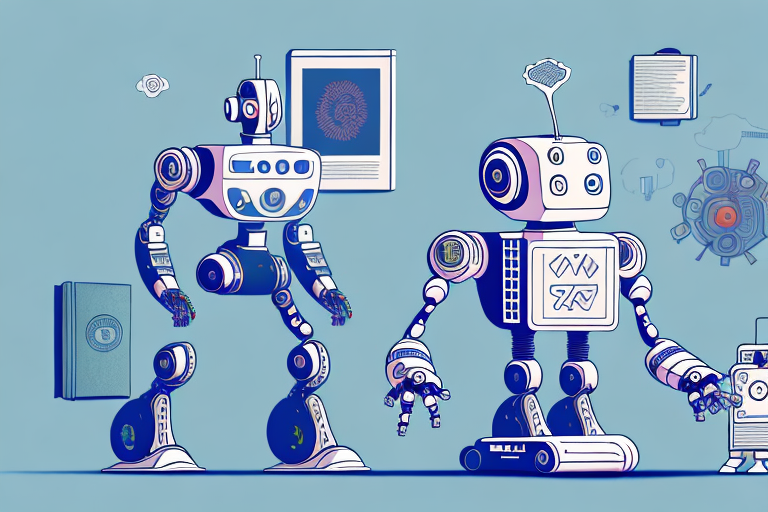

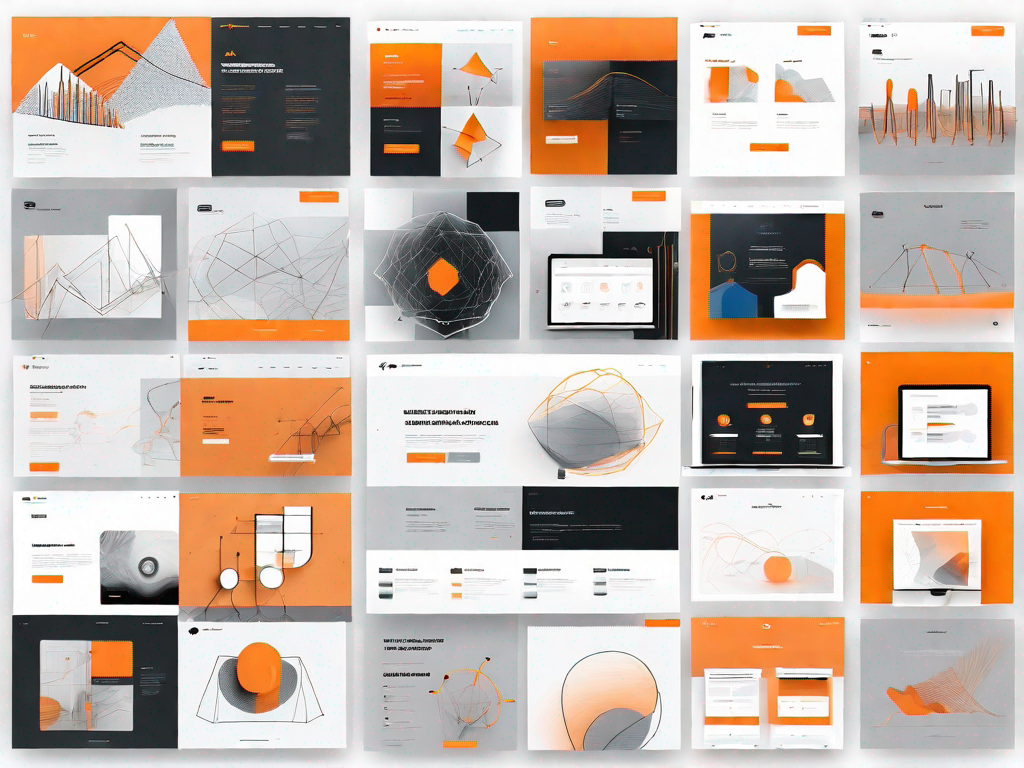
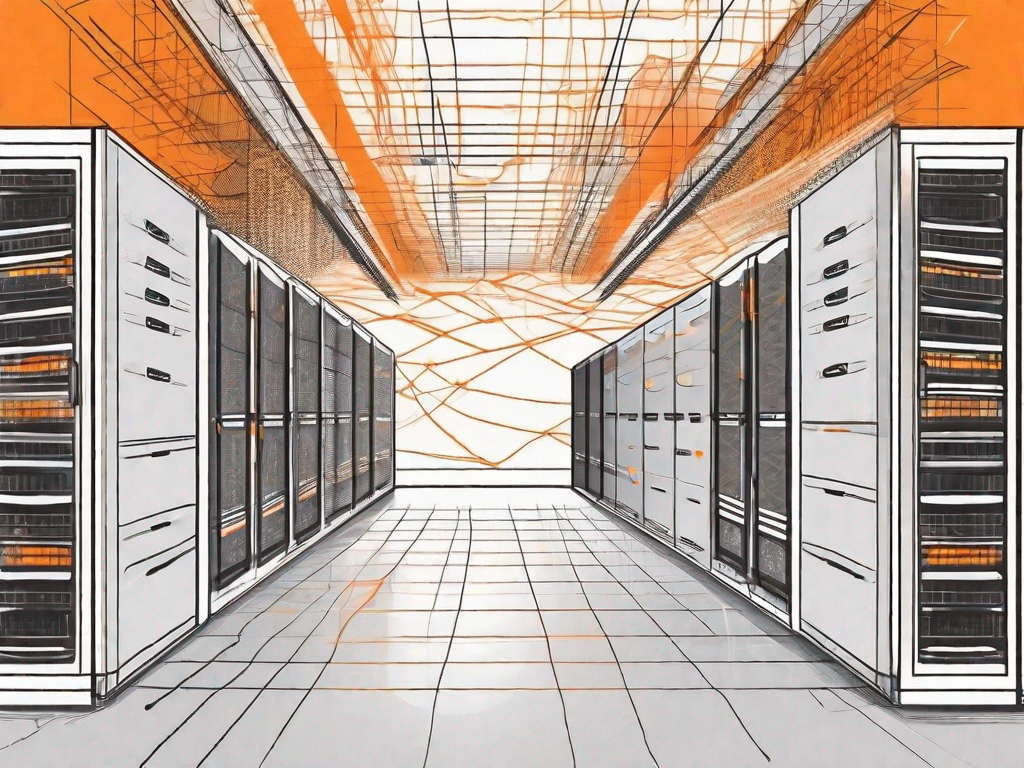
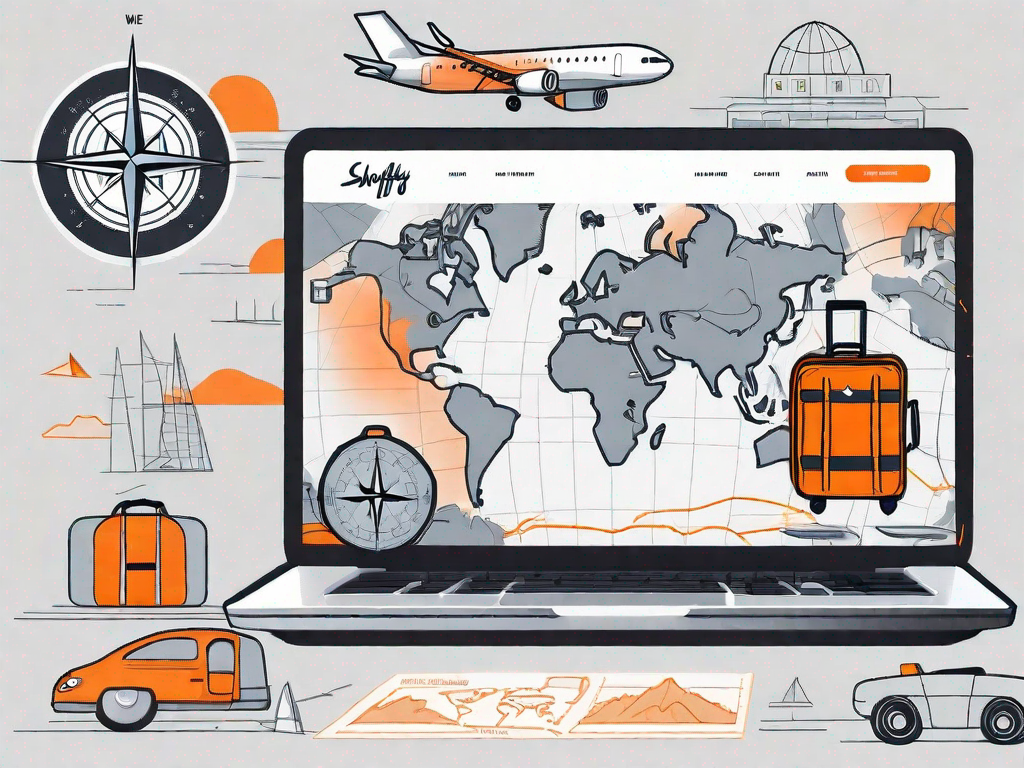
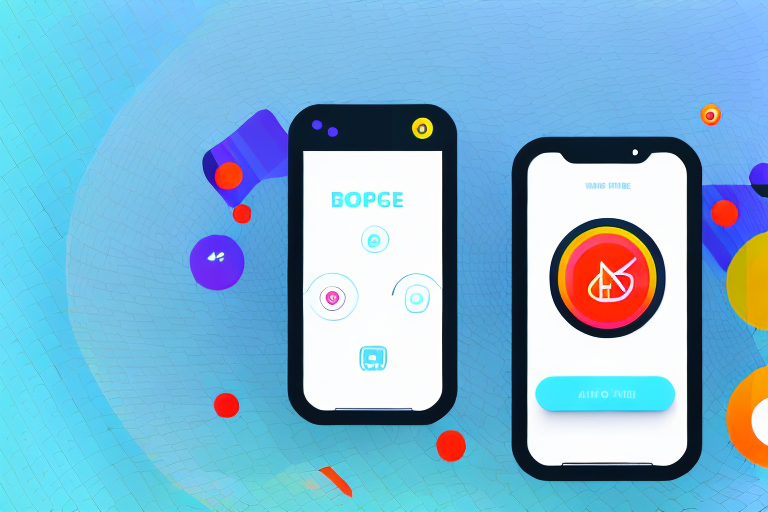
.svg)